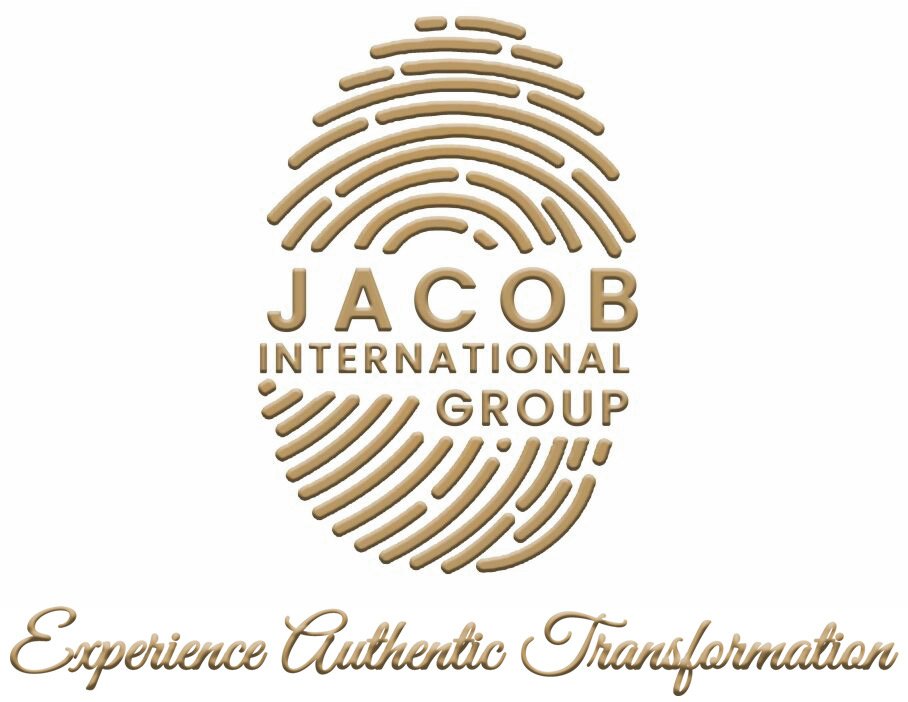The role of a manager is burdened with a heap load of responsibilities. One of those responsibilities involves careful and detailed employee performance evaluations, aka, productive performance reviews. Let’s touch upon what will happen if a manager fails to perform regular and proper performance reviews.
- There will be no documented evidence to keep a proven record of an employee’s performance, which needs to be formally documented at a legal, professional, and organizational level.
- An employee not involved in the evaluation process will lose all concepts of check and balance. This can create a serious problem for the organization in the long run.
- Employees that are putting in real and concrete efforts often go unnoticed and wrong people are credited for the hard work of others. With wrong people getting promoted, an organization is sure to suffer the impact of it, in the long run, financially, all while losing qualified employees.
- A manager conducting a one-sided review rather than having a two-way conversation to get an employee’s side of the story will eventually get them frustrated enough to leave the organization.
- Such reviews offer no feedback or opportunities for the employees to improve and better themselves.
This is common in the retail industry where managers focus on finishing reviews over providing valuable insights to employees for improvement. A case study was conducted which involved performance reviews of employees from various organizations belonging to different business niches. It was discovered that organizations that had managers who behaved more like leaders and conducted productive performance reviews seriously, saw increases in productivity, produced better leaders in comparison to organizations where managers consistently delivered unjust and bad performance reviews.
Here are a few ways that can help you conduct productive performance reviews:
- Remain objective and gather evidence from direct observation, other employees, job descriptions, and additional sources to support your assessment.
- Employees should be involved throughout the evaluation process.
- Lead with achievements, be clear about gaps, and use both to stimulate productive conversations and new goals. Evaluations should cover both notable accomplishments and gaps in performance.
- Performance reviews should always be followed up with a separate meeting to create a development plan.
- It should be a consistent, year-round part of your job to gather evidence for performance reviews, offer feedback, and check on progress towards development plans.
Most managers lack a contingency plan if one or more employees fail to meet the requirements of their job, then a proper plan to help guide employees with a career development plan is necessary. This is a plan highlighting three to four annual objectives for the employees that need to be put in place by the managers, so while conducting a productive performance review, they have some context to build their assessment around.




